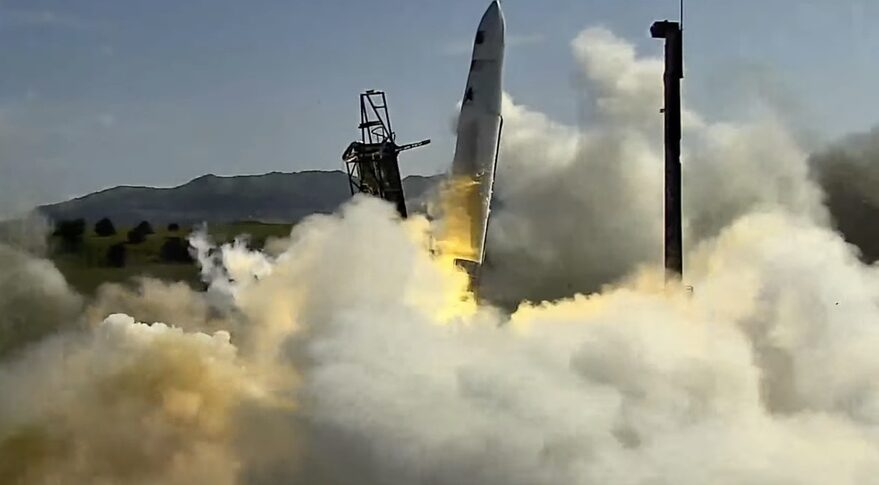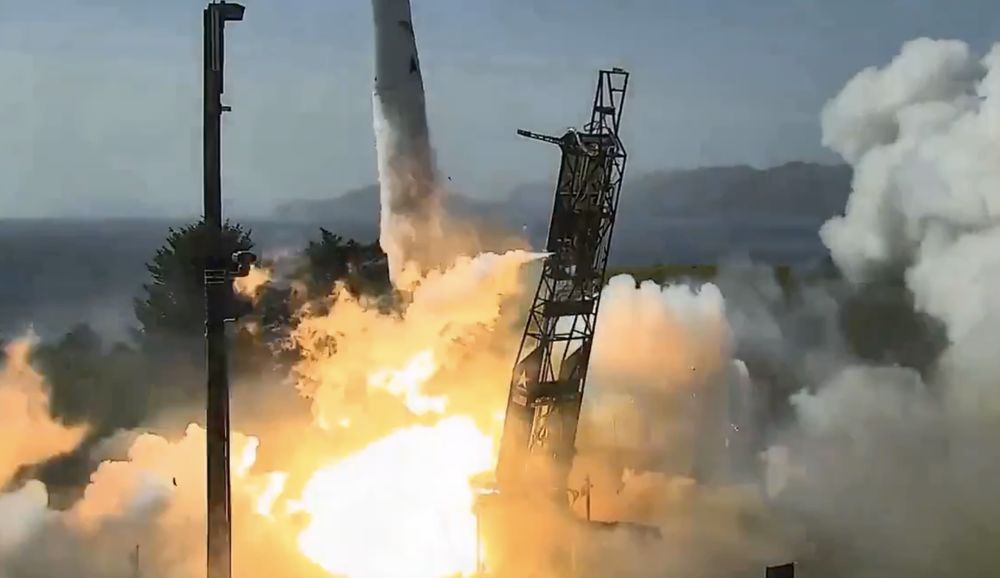Well, Astra Space’s first rocket launch did not quite live up to the expectations.
The aerospace company moved their mission a day ahead. The two-stage LV0006 rocket finally began launching on Saturday afternoon from the Pacific Spaceport Complex in Kodiak, Alaska — only to powerslide precariously off the launch pad after an engine failed to fire.
The aerospace company, California Bay Area, started its orbital test flight on Aug. 28 Saturday. It sent its two-stage LV0006 from the Pacific Spaceport Complex on Alaska’s Kodiak Island at 6:35 p.m. EDT (2235 GMT). Unfortunately, the rocket experienced difficulty about 2.5 minutes after lift-off, and the flight was dismissed.
“Although we did not achieve our primary objective today, our team will work hard to determine what happened here,” Carolina Grossman, director of product management at Astra, said during Saturday’s launch webcast. “And as we dig into the flight data, we are optimistic about the future and our next attempt.”
The launch Vehicle 0006 showed some abnormalities from the start as it wobbled sideways at the moment of lift-off rather than rising smoothly off the pad. But the rocket recovered and soared high into the Alaska sky, reaching an altitude of about 20.5 miles (33 kilometres) before shutting down, according to real-time data Astra provided during a webcast of the launch.

“It was obviously not successful at putting anything in orbit, but it was a flight where we learned a tremendous amount,” said Chris Kemp, CEO and founder of Astra, to CNBC. He later added, “We have a tremendous amount of data from the flight and are in the process of reviewing it.”

Astra Space’s launch was a part of a contract with the US Space Force to test the rocket’s payload. This flight is considered to be on top of the series of the company’s failed launches. Last year, one of Astra’s rockets collapsed after its guidance system halted. In December, its last mission also ended up as a failed trip, when a rocket ran short of fuel before reaching orbit, reports CNBC.
However, launch flops are, in fact, part of the package. To improve further missions, engineers must gather data so that everything goes well and as planned. Similarly, Astra also needs to improve their system for better and more successful launches in the future. Not only launch failures are humiliating, but they also cause financial distress. After the recent launch, Astra’s shares fell more than 10%.


